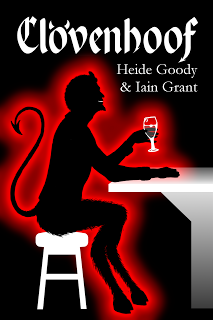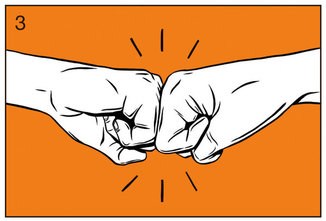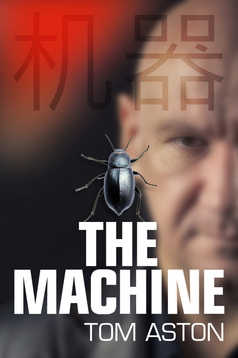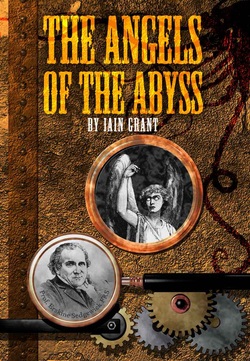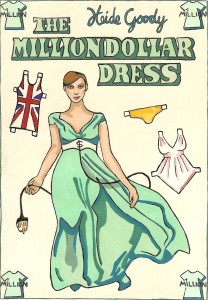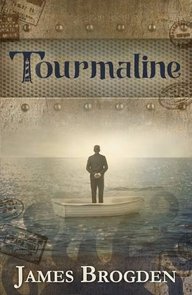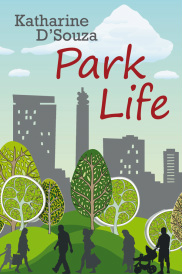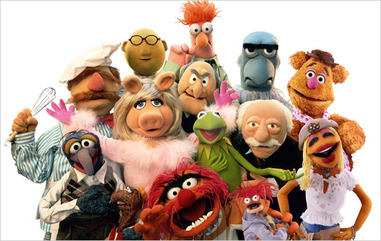
Before joining the Birmingham Writers' Group in September 2011, my writing had completely stalled. I had not written for a period of ten years, having last written creatively when I was just a teenager. The camaraderie of a writers' group helped me develop my confidence and my skill-set. Now, two and a half years later, I am about to publish The Sheriff.
I therefore firmly believe that all writers should belong to a writers' group. Here are five reasons why...
1. Develop Your Technique - many writers' groups will run workshops on specific areas (editing, conflict, plot, dialogue) which will help you improve these areas of your writing.
2. Invite Criticism - writers' groups provide you with an opportunity to test your work, whether short stories, novel extracts or full novels. Writers are much better test readers than none-writers because they understand the craft and will make good suggestions on how to improve your work. Read my blog about how to utilise your test readers most effectively.
3. Receive Support - only writers will truly understand the crazy, lonely, torturous, delirious, delightful, soul-crushing and life-affirming addiction of writing creative fiction. Surround yourself with writers by joining a group. They will be with you through the good and the bad.
4. Networking - in this age of self-publishing, writers are no longer just writers. They are also marketers. It is a mantle that must be embraced, not shunned, and there is no better way to market than face-to-face. This requires networking. You need to meet as many writers as possible so start by joining a writers' group. Every member of the group is likely to have other friends who are writers and readers. Over time you will meet these friends. Over more time you will meet the friends of the friends. And then the friends of the friends of the friends. Eventually, you will know every writer in a fifty-mile radius.
5. Fun! - joining a writers' group is a filthy amount of fun. Writers are generally quite unhinged from reality so putting a whole bunch of us in a confined space always makes for an entertaining evening. Embrace the madness and enjoy.

